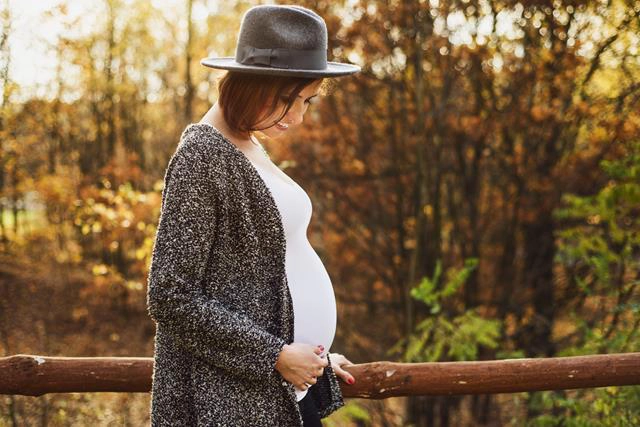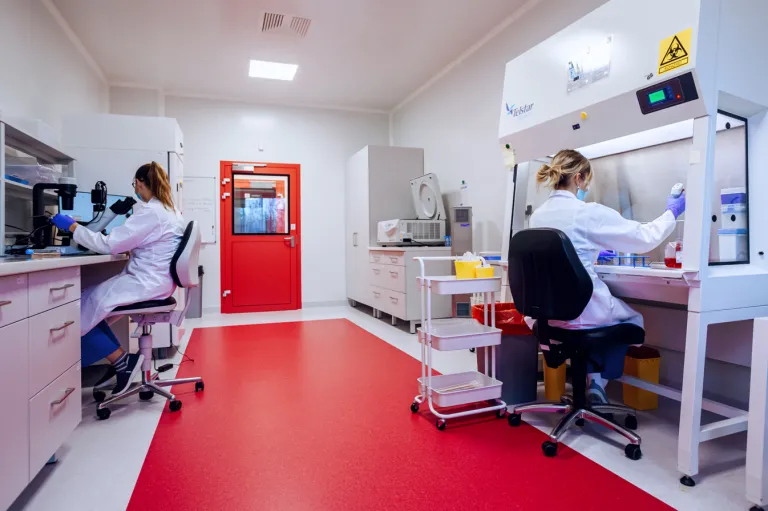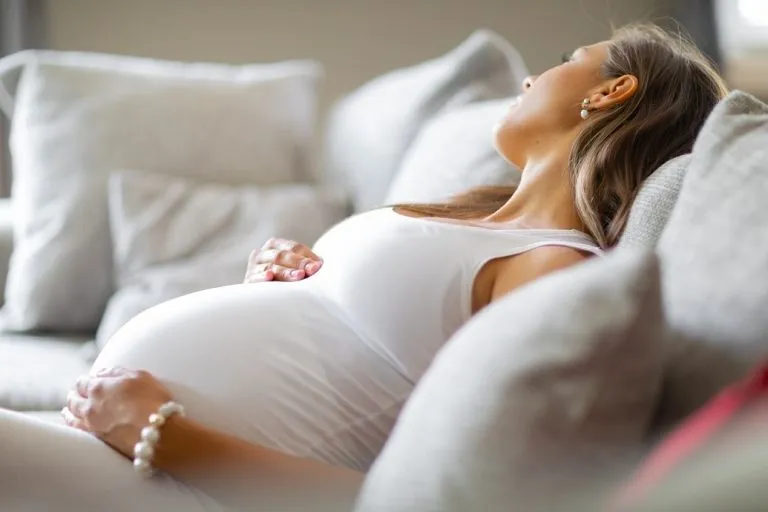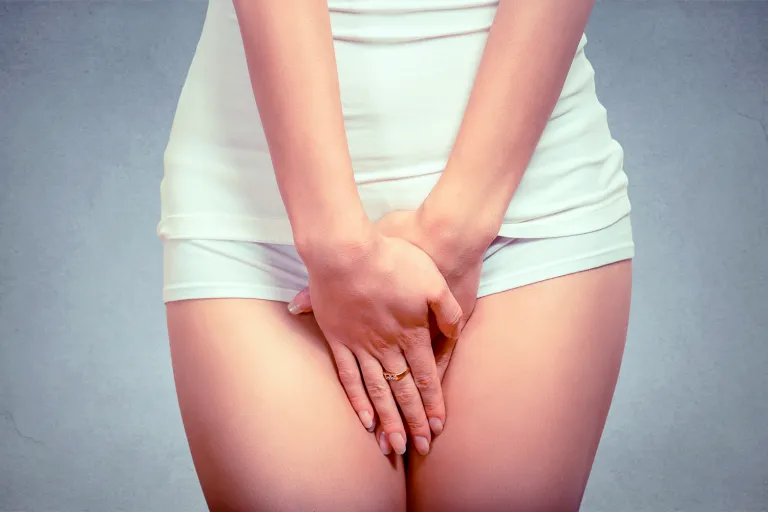"Calcium" in pregnancy can be used without concern if a deficiency of this element is found. It is essential for the proper functioning of the body of the mother-to-be and the development of the fetus. Some people also believe that this preparation helps relieve the symptoms of allergies or colds.
“Calcium” is a colloquial term for dietary supplements containing calcium (calcium) – an element needed by the body to function properly. This is a misnomer, because lime (or more precisely, calcium oxide or quicklime) is a raw material used in construction. Nevertheless, it has been adopted and is in widespread operation.
Calcium in pregnancy
Calcium is one of the most important minerals for the human body. It primarily enters into the composition of bones, teeth and cell walls. It is involved in blood clotting, conduction of nerve impulses and contraction of smooth and skeletal muscles.
Calcium during pregnancy is important for the development of the fetus, mainly during the process of forming the skeletal system and tooth buds. A pregnant woman needs to provide 1,400 mg of calcium daily. Its main source should be food. Milk, kefir, natural yogurts, cheeses, seeds (sesame, poppy, chia), almonds, beans, soybeans, tofu and greens should be included in the menu.
In the case of calcium deficiency in a pregnant woman, the doctor may decide to include supplementation of this element. The product is in the form of effervescent tablets, which should be dissolved in water and drunk. It is necessary to read the leaflet before use, as not all remedies available on the market are allowed for pregnant women. Lime in pregnancy should be used as prescribed by your doctor.
Calcium in pregnancy for allergies and rashes
Lime in pregnancy for allergies is one of the most popular ways to relieve a rash, itching or redness on the skin after contact with an allergen. Many women feel an improvement just minutes after taking the product. Interestingly, there are no studies to prove that calcium is an effective treatment for allergies.
Proponents of the use of calcium for allergies during pregnancy rely on the theory that the element has the property of sealing the endothelium of blood vessels, thus reducing the symptoms of an allergic reaction. If the mother-to-be feels an improvement, she can use it.
However, it is important to remember that calcium in pregnancy for allergies can only be used as a supportive measure. In case of recurrent allergy symptoms, you need to consult an allergist, perform the appropriate tests and implement proper allergy treatment.
Calcium in pregnancy for the common cold
Calcium for the common cold is also popular in pregnancy. It is not clear where the belief in its effectiveness came from, as there are no studies that support the effectiveness of calcium preparations in alleviating any of the symptoms of this condition.
Please fill out the form and download the free E-book:
Cold and flu in pregnancy – home remedies
When a woman takes calcium for a cold during pregnancy, nothing is likely to happen. Nevertheless, do not take any drug or dietary supplement without first consulting your doctor. Excess calcium in the body can cause negative effects (as can calcium deficiency).
Calcium in pregnancy – side effects of excess and deficiency
Calcium in pregnancy should only be taken if a deficiency is confirmed. If the mother-to-be eats a healthy diet, and her diet is varied and balanced, there is no fear that the daily requirement for this element will not be met.
Symptoms of calcium deficiency include:
- muscle spasms,
- numbness in the extremities,
- muscle pains,
- bone brittleness,
- dental problems,
- blood clotting disorders.
Excess calcium in pregnancy, on the other hand, can cause gastrointestinal complaints (nausea, constipation, diarrhea and lack of appetite), contribute to the formation of kidney stones and adversely affect the placenta.
See also: Stress in pregnancy – what effect does it have on the fetus and how to deal with it?
Rate this article:










